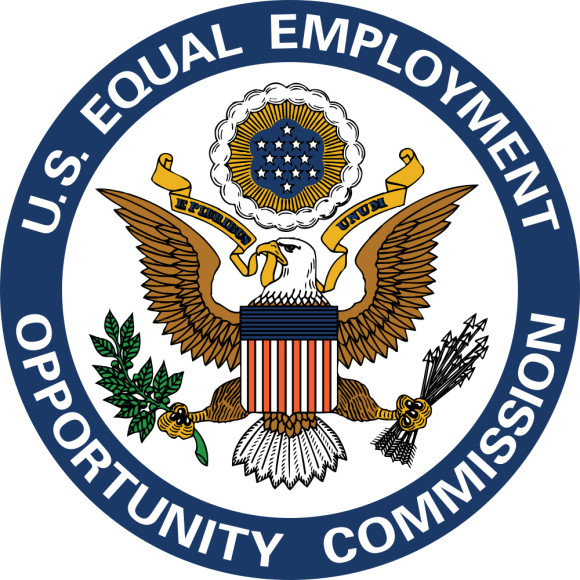Two Chili’s Grill & Bar Restaurants in Arkansas and Texas subjected female employees, including teens, to sexually hostile work environments in violation of federal law, the U.S. Equal Employment Opportunity Commission charged in lawsuits filed in Little Rock and Dallas today.
Brinker Arkansas, Inc., doing business as Chili’s Grill & Bar in Benton, Ark., violated federal law when it subjected a class of female teens to sexual harassment, the EEOC charged. The sexual harassment, committed by a 33-year old male cook, involved several physical assaults and forced one of the victims to resign.
The EEOC also charges that in Prosper, Texas, just outside of Dallas, Brinker International Payroll Company, L.P., also doing business as Chili’s Grill & Bar, violated federal law on the same basis. The primary sexual harasser in that case was a 36-year-old male employee who grabbed and touched a female employee from behind and made vulgar sexual comments to her in both English and Spanish. The Texas lawsuit also charges that a number of other male cooks and other hourly employees repeatedly made sexual remarks about teen employees.
According to both EEOC lawsuits, the restaurants hired teens, failed to train the teens on their anti-harassment policy, and failed to monitor the workplace to provide a safe working environment. Both restaurants failed to take proper action when teens complained about sexual assaults on the job. One restaurant continued to schedule a teen to work shifts with the alleged harasser. Both restaurants failed to conduct any onsite investigation, instead relying on offsite “Team Member Relations” employees who failed to investigate adequately.
“The EEOC is committed to protecting younger workers from unlawful harassment and workplace discrimination,” said EEOC Chair Charlotte A. Burrows. “Teen workers are particularly vulnerable to harassment because they may not fully understand their workplace rights and often lack the ability or self-confidence to resist unwelcome conduct.”
Sexual harassment violates Title VII of the Civil Rights Act of 1964. The EEOC filed suits in U.S. District Court for the Eastern District of Arkansas, Central Division, Civil Action No. 4:22-cv-00820-KGB and in U.S. District Court for the Northern District of Texas, Dallas Division, Civil Action No. 3:22-cv-02017-E, after first attempting to reach pre-litigation settlements through its conciliation process. The suits seek monetary relief in the form of back pay, compensatory and punitive damages and compensation for lost benefits, as well as injunctive remedies requiring more effective policies and procedures for training, reporting and investigations to ensure workers have adequate protection from sexual harassment in the future.
Was this article valuable?
Here are more articles you may enjoy.



 AIG Underwriting Income Up 48% in Q4 on North America Commercial
AIG Underwriting Income Up 48% in Q4 on North America Commercial  Insurify Starts App With ChatGPT to Allow Consumers to Shop for Insurance
Insurify Starts App With ChatGPT to Allow Consumers to Shop for Insurance  What Analysts Are Saying About the 2026 P/C Insurance Market
What Analysts Are Saying About the 2026 P/C Insurance Market  Nine-Month 2025 Results Show P/C Underwriting Gain Skyrocketed
Nine-Month 2025 Results Show P/C Underwriting Gain Skyrocketed 

